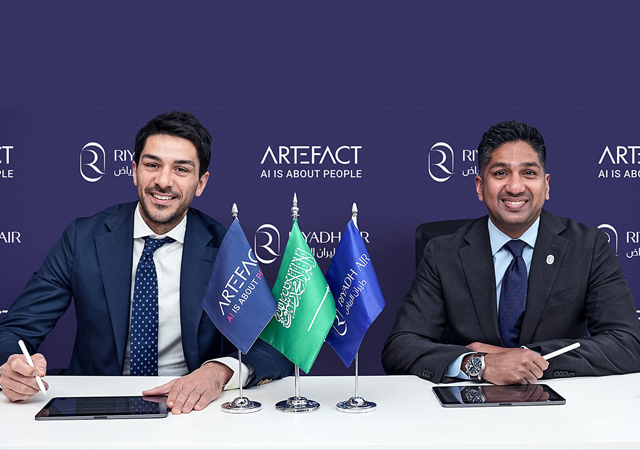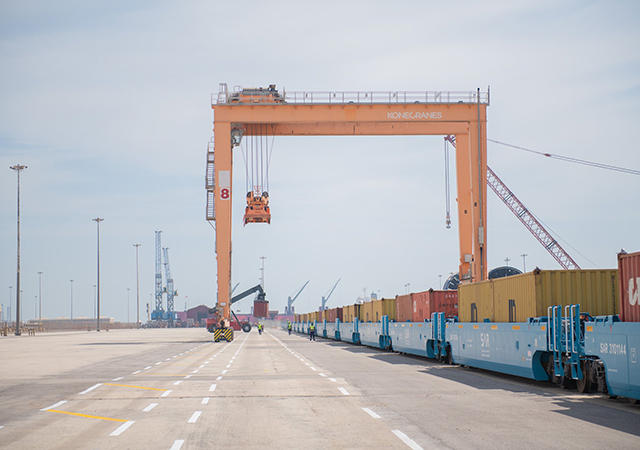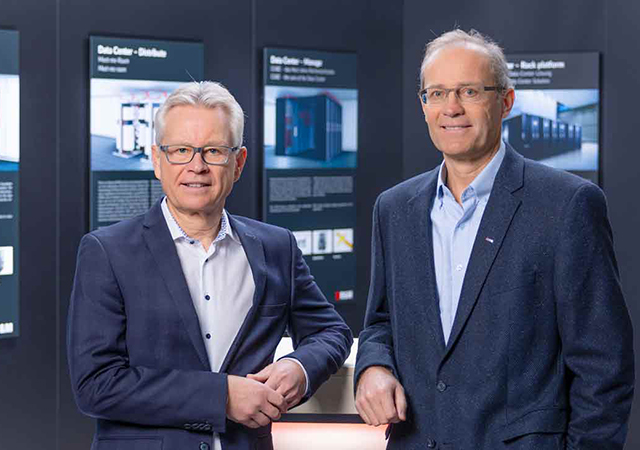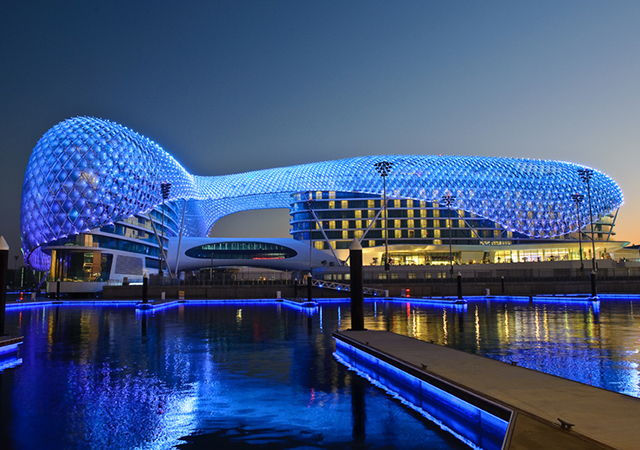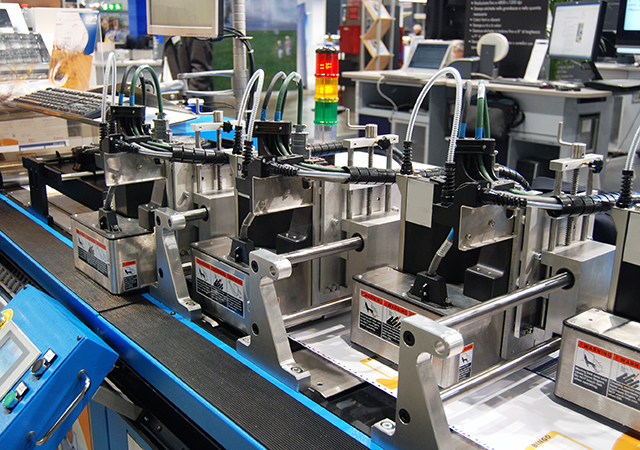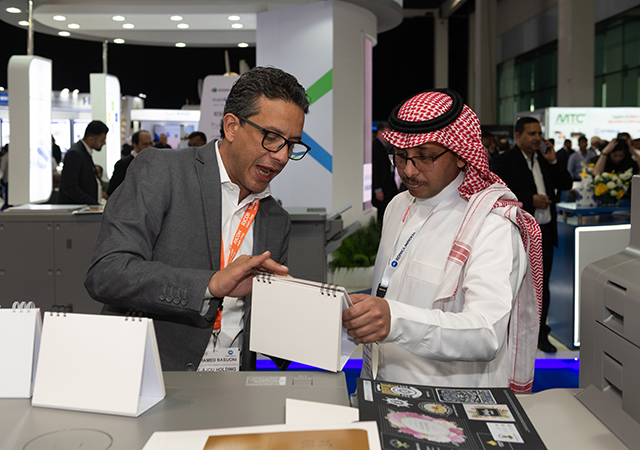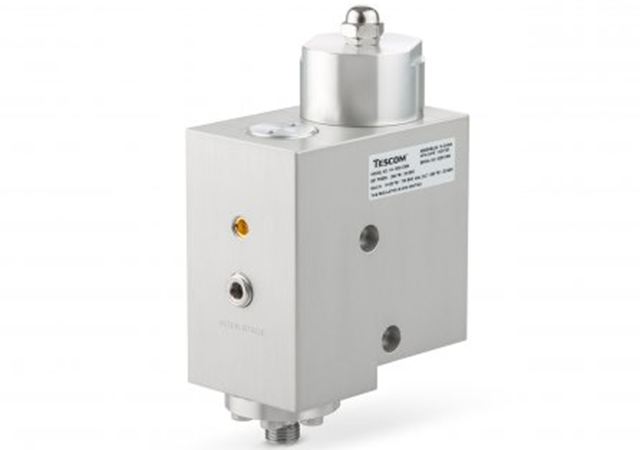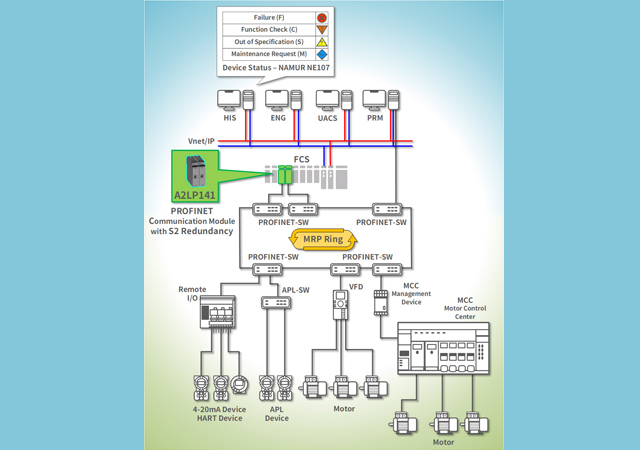
 Flowcrete Middle East has a wide variety of flooring solutions across any industrial facility
Flowcrete Middle East has a wide variety of flooring solutions across any industrial facility
An industrial facility will inevitably subject its floor finish to a long list of damaging factors – with heavy impacts, intense cleaning, forklift truck movement, thermal shock and exposure to chemicals being just a few of the challenges that the floor will need to withstand.
If the specified system is not up to the task then it can have serious consequences on the productivity and standards of the site as well as the health of employees, cleanliness, aesthetics, downtime and in some cases a poor floor can even affect the smooth running of important equipment.
As a general rule, the thicker the system the longer its service life and the better able it will be to avoid damage. It is important to have a detailed knowledge of the site’s operational activity to avoid specifying a thin finish that will crack when faced with the reality of the building’s daily use.
Thick polyurethane systems, such as Flowcrete Middle East’s Flowfresh range, are especially applicable for demanding production areas, thanks to the fact that they can maintain a functional finish for an extended period of time despite the most intensive industrial conditions, a spokesperson of Flowcrete Middle East said.
It is important that factors such as the volume and type of traffic on-site are accounted for to ensure that the floor will have the necessary wear resistance and durability. Traffic can include the movement of people walking around the site as well as wheeled, forklift or vehicular traffic. Equipment that places a lot of pressure through small wheels can be particularly problematic, for example just a hand pallet truck when fully loaded could weigh in excess of 1 metric tonne, which can easily cause an insufficiently robust finish to crack, dust and disintegrate.
Many developers are utilising the Hazard Analysis and Critical Control Point (HACCP) programme to specify flooring that will be able to maintain a high performance finish despite the rigours of heavy industry.
Originally intended for the food and beverage (F&B) industry, the HACCP food safety management system has become popular among many contamination sensitive markets (such as the healthcare, pharmaceutical and electronic sectors) thanks to its ability to inform the creation and maintenance of safe and clean facilities.
 |
|
HACCP has certified Flowcrete Middle East’s Flowfresh range |
Getting the floor area right is a critical part of implementing an effective HACCP plan. The HACCP guidelines emphasise the importance of seamless and impervious flooring, as seams, joints, grout lines and gaps can become breeding sites for bacteria, fungi, mould and mildew. Making sure that the floor provides a seamless surface will help the cleaning regime to quickly wash unwanted substances out of the area.
It is important to ensure that the floor is able to maintain these properties for an extended period of time, as otherwise its seamlessness or imperviousness could be compromised and degraded by the site’s workload, meaning it will no longer be HACCP compliant.
The HACCP standard requires floors to provide adequate drainage and cleaning in order to facilitate the fast and effective removal of excess liquid and slippery contaminants. Easily cleanable stainless steel drainage should be incorporated into the finish and the floor needs to be sloped to the drains to avoid water pooling. The seamless nature of polyurethane flooring provides a cleanability advantage, as the unwanted water, liquids, oils and greases won’t be impeded from moving towards the drainage channel.
Traditional F&B flooring materials such as thermoplastic coverings, terrazzo, epoxy resins and polyurethane screeds all meet HACCP’s criteria thanks to the seamless, non-absorbent and easy-to-clean finish that they create. “HACCP International has certified Flowcrete Middle East’s Flowfresh range thanks to its ability to maintain an ultra-hygienic finish for an extended period of time within food and beverage industry facilities,” the spokesperson said.
Flowfresh’s HACCP International certification was an important factor for the food supplier Accuro when it was specifying flooring for its Dubai facility. Accuro knew that the floor in its kitchen would be faced with thermal shock from hot ovens, chemical attack from food by-products and point loading from heavy equipment. To protect against these challenges, 550 sq m of Flowfresh MF was installed with drains incorporated into the finish to allow excess liquid to rapidly flow out of the production area.
Today’s industrial facilities will often have to deal with niche, sector specific flooring challenges. For example sites that handle highly corrosive chemicals will need floors that can survive exposure to frequent and severe chemical attack, such as in secondary containment areas. In zones such as this it is important to install an anti-corrosion coating that can withstand the highly corrosive chemicals used onsite. “Flowcrete Middle East has developed a modified vinyl ester resin system that has been reinforced with fibreglass to protect concrete and metal structures from aggressive chemicals as well as thermal and mechanical stress,” he added.
 |
Flowcrete Middle East’s flooring solutions at a warehouse |
Electronics manufacturers or sites with sensitive technical equipment will need to protect against static charge build up in the floor, which can damage delicate electrical components. In environments that use solvents or gas this static charge could even be a dangerous ignition source!
“An electrostatic discharge (ESD) control floor should be applied to reduce the risk of a static discharge. A choice of conductive or static dissipative systems are available depending on the severity of the charge that the site’s intended future use might build up in the floor,”
he explained.
Regardless of sector, the majority of industrial plant owners will be concerned about losing periods of profitable productivity that a flooring refurbishment will incur. Fast curing, methyl methacrylate (MMA) systems are the perfect solution, as they can deliver a high quality finish that is trafficable within mere hours of application.
This fast curing benefit need not come at the expense of performance, as MMA solutions are available that can provide the necessary durability, resistance and functionality properties.
“Flowcrete Middle East’s wide variety of solutions means that it has the answer to solve any flooring issue across any industrial facility, from impact resistant systems for the production area, to corrosion resistant finishes for secondary containment areas and even decorative solutions for a site’s reception areas, offices and corridors. As part of The Euclid Group, which includes Euclid Chemical and RPM Belgium Vandex, Flowcrete Middle East can now also supply a comprehensive selection of state-of–the-art construction chemicals designed to enhance a facility’s structural performance characteristics,” he said.
“When undertaking the specification process for any aspect of an industrial facility’s design it is important to talk through the demands that will be placed on each part of the site with a supplier and applicator that have experience in similar situations,” he added.


